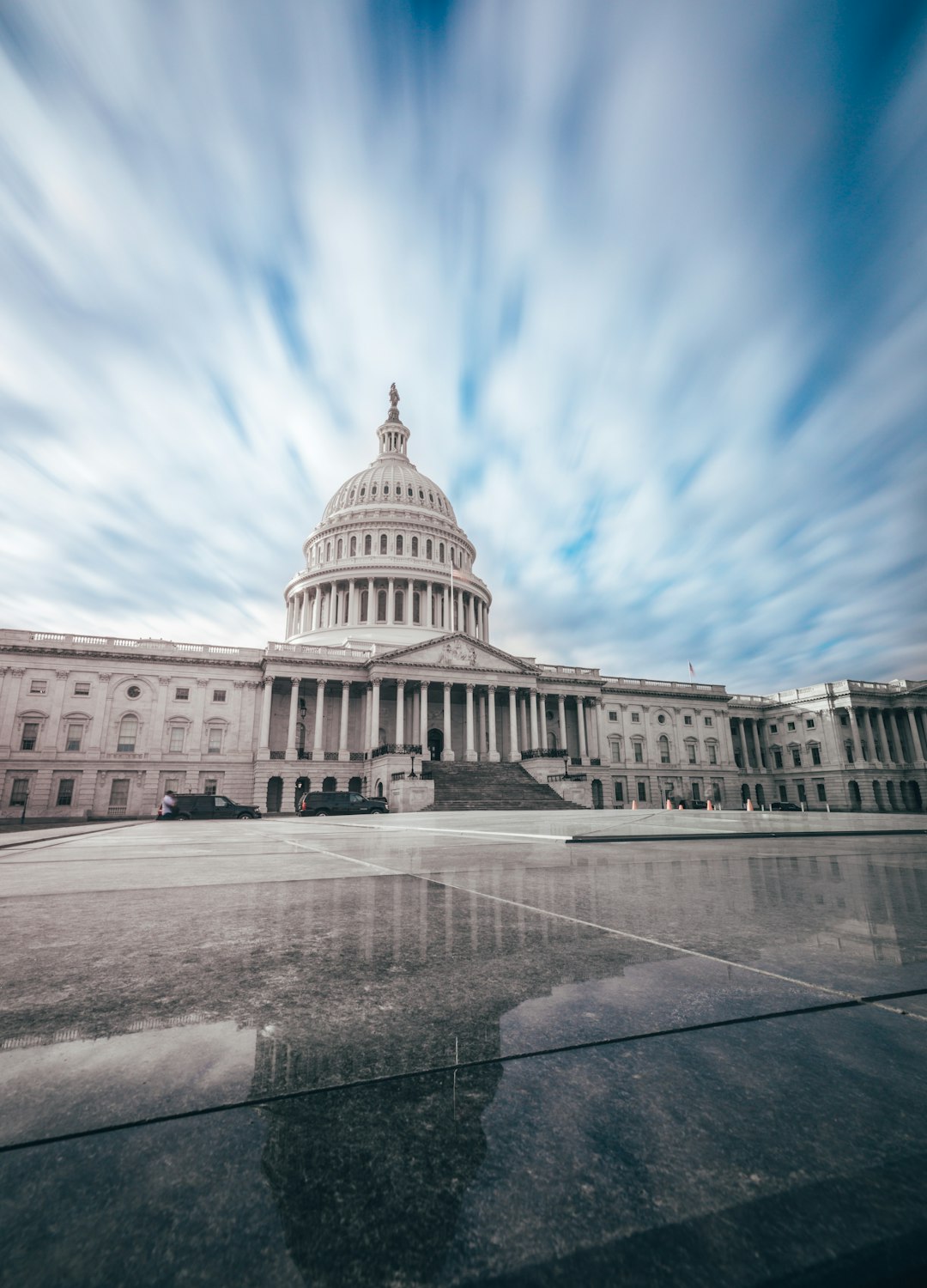The Columbia Basin potato farming regions in Washington and Oregon are facing an unprecedented issue with robocalls due to automated phone systems, disrupting operations and adding complexity. This has prompted Do Not Call Lawyer Washington initiatives to offer legal guidance, protecting businesses and workers from unwanted calls. The goal is to create a balanced communication environment, especially for the potato industry heavily reliant on manual labor. Farmers can combat robocalls by registering with the National Do Not Call Registry, seeking injunctive relief, implementing call screening, using blacklist/whitelist features, and educating networks. Legal frameworks led by Do Not Call Lawyer experts empower farmers to safeguard their privacy and control unwanted calls, enhancing the agricultural sector's fairness and robustness.
The Columbia Basin Potato Industry, a vital sector in Washington state, faces unique challenges in the digital age. With the surge of robocalls targeting agricultural communities, farmers are left vulnerable, disrupting their daily operations and communication. This article explores the industry’s plight, delving into the rise of automated calls and emphasizing the critical role a Do Not Call Lawyer plays in safeguarding farmers’ rights. We provide actionable strategies for prevention and discuss the legal protections needed to ensure a sustainable future for Washington’s potato growers.
Understanding the Columbia Basin Potato Industry and its Challenges
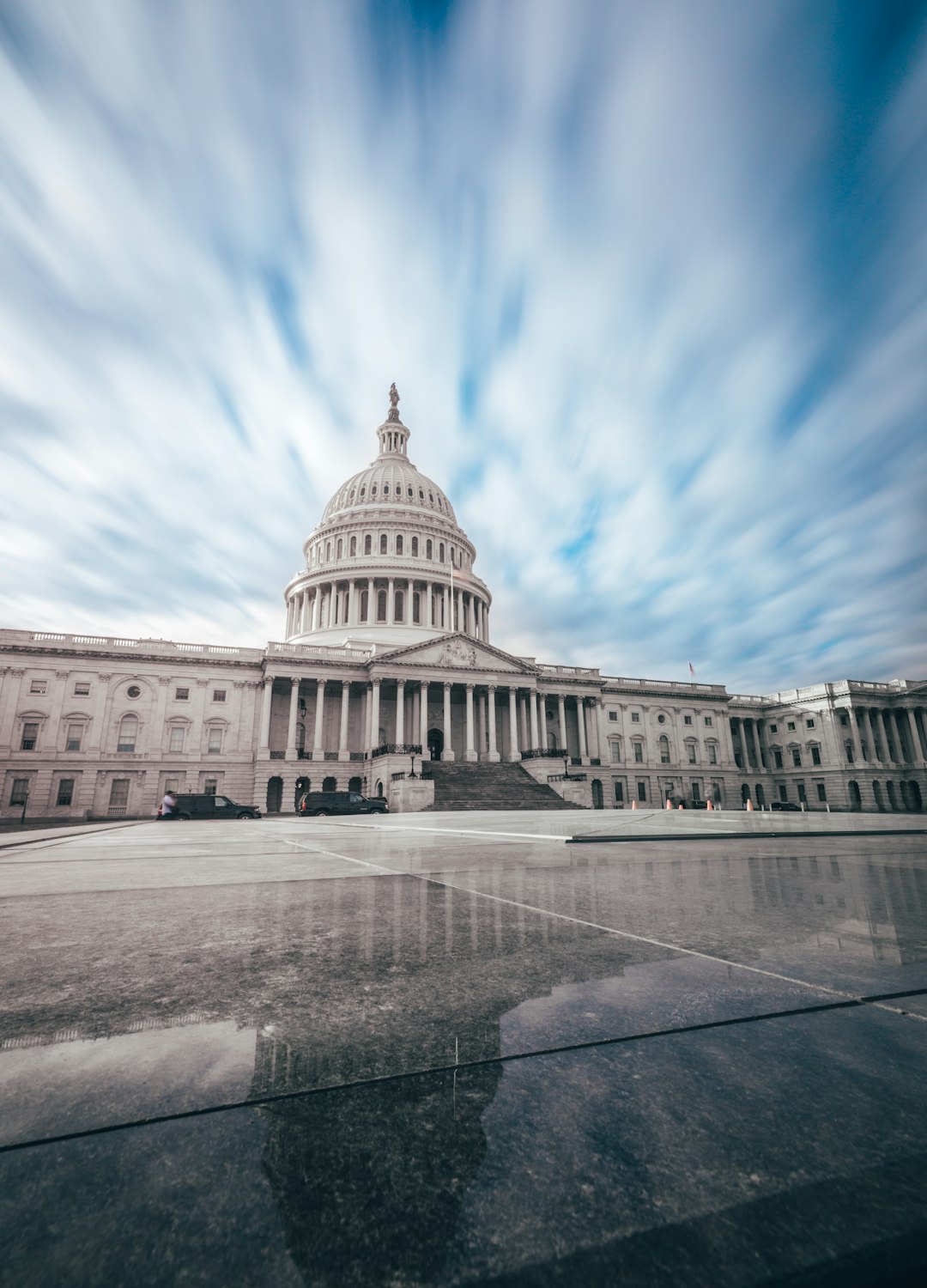
The Columbia Basin, spanning parts of Washington and Oregon, is renowned for its fertile soils and robust potato farming industry. This region produces a significant portion of the nation’s potatoes, making it a vital agricultural hub. However, alongside this success lies a growing challenge: robocalls. With the rise of automated phone systems, farmers and industry workers have been inundated with unwanted calls, disrupting daily operations and adding an unexpected layer of complexity to their already demanding work.
The potato industry, heavily reliant on manual labor and seasonal workers, is particularly vulnerable to these automated intrusions. Do Not Call Lawyer Washington initiatives aim to address this issue by providing legal guidance and strategies to mitigate the impact of robocalls. By educating businesses and individuals about their rights and available tools, these efforts strive to create a more balanced and less disruptive communication environment for the industry’s stakeholders.
The Rise of Robocalls in Agricultural Sectors

In recent years, agricultural sectors have faced a growing challenge from an unexpected source: robocalls. With advancements in automated technology, scammers and telemarketers have turned their attention to rural communities, targeting farmers and agricultural businesses with incessant and unwanted calls. This trend has particularly impacted the Columbia Basin Potato Industry, where farmers are not only dealing with the complexities of crop management but also the nuisance of excessive robocalls.
The prevalence of these automated calls has prompted concerned individuals and organizations, including those offering Do Not Call Lawyer Washington services, to step in. The agricultural industry’s unique characteristics, such as large land areas and seasonal work patterns, make it an attractive target for scammers seeking to exploit vulnerable populations. As a result, there is an increasing demand for effective robocall prevention measures to protect farmers’ time, privacy, and peace of mind.
Why a Do Not Call Lawyer is Essential for Farmers in Washington
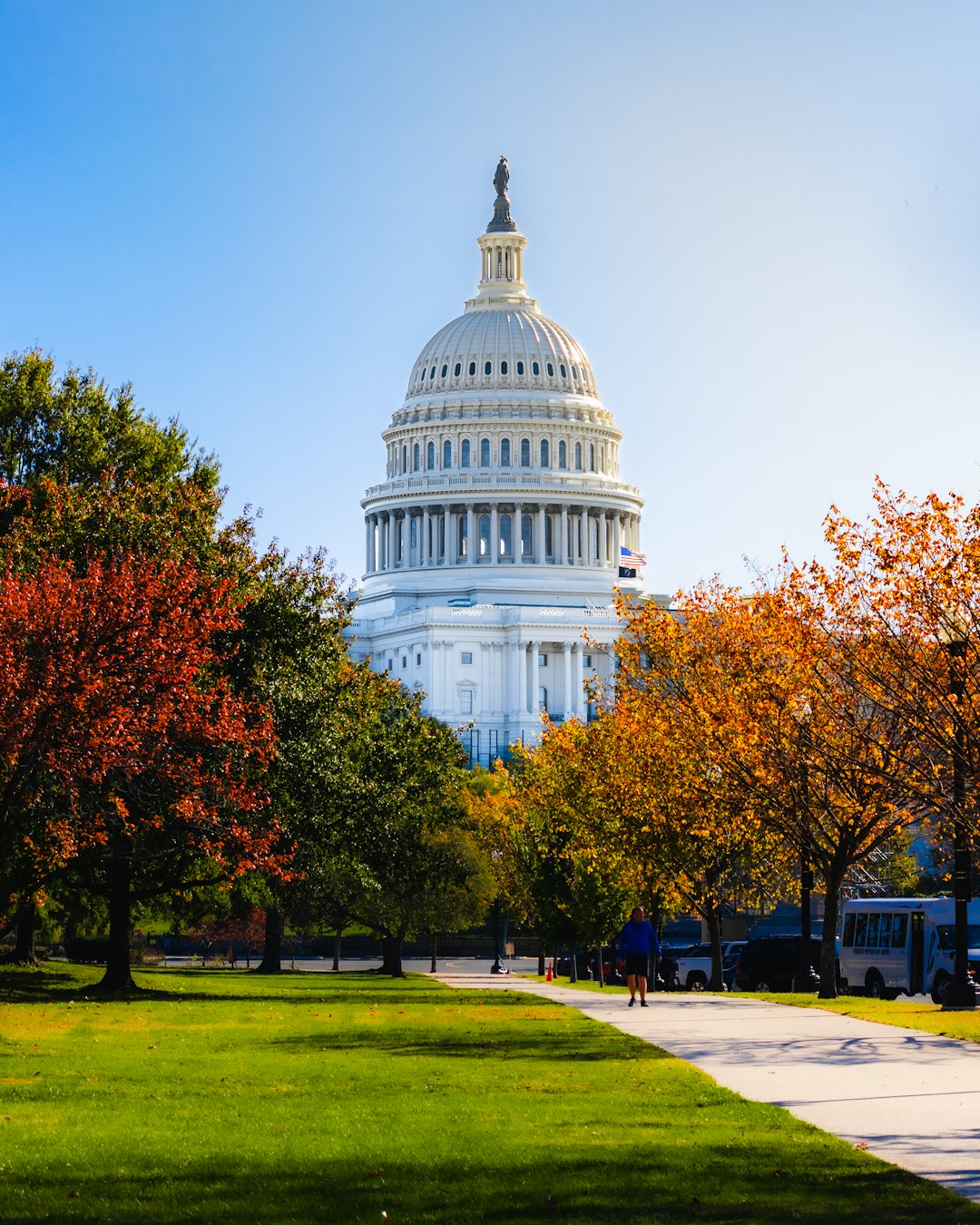
Farmers in Washington state often find themselves overwhelmed with robocalls, which can disrupt their daily operations and lead to wasted time and resources. This is where a Do Not Call Lawyer becomes an indispensable asset. With the constant evolution of phone scams targeting agricultural communities, having legal expertise tailored to these issues is crucial.
A Do Not Call Lawyer in Washington specializes in protecting farmers’ rights and providing guidance on how to navigate the complex landscape of unwanted telemarketing calls. They can help farmers understand their legal options, such as registering their numbers with the National Do Not Call Registry or seeking injunctive relief against persistent callers. By employing a strategic approach, these lawyers ensure that farmers can continue their vital work without constant interruptions from robocalls.
Implementation of Robocall Prevention Strategies: A Step-by-Step Guide
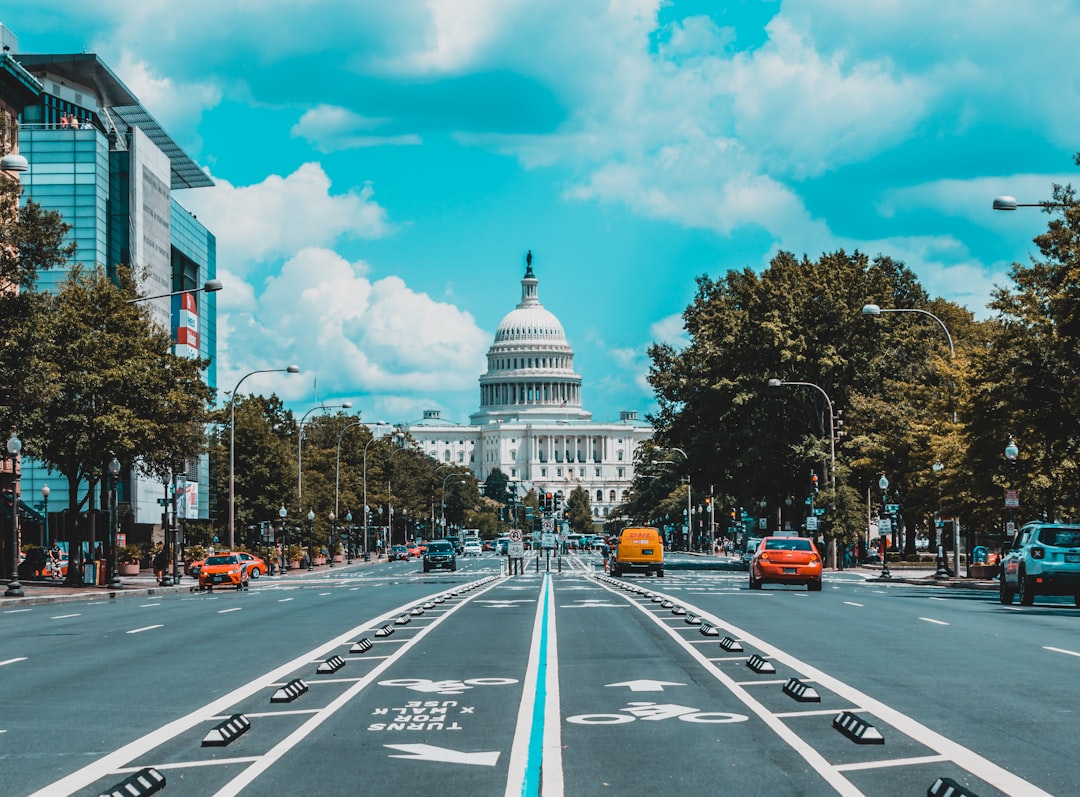
The Columbia Basin potato industry, a vital part of Washington state’s agricultural landscape, has been facing challenges from unwanted robocalls. To combat this issue, implementing effective robocall prevention strategies is essential. Here’s a step-by-step guide for businesses and individuals alike to navigate the process:
1. Identify the Problem: Start by recognizing the extent of the robocall issue within your network. Monitor call logs, identify patterns, and understand which calls are legitimate and which are fraudulent. This initial step is crucial in tailoring your prevention strategies.
2. Consult a Do Not Call Lawyer Washington: Engaging legal expertise can provide valuable insights into existing regulations and help you stay compliant while implementing robust measures. A lawyer specializing in this area can offer guidance on blocking and filtering calls, ensuring your business or personal privacy.
3. Implement Call Screening: Set up advanced call screening systems that allow for real-time assessment of incoming calls. This technology enables the identification of potential robocalls based on specific criteria, such as caller ID, calling patterns, or known robocall lists.
4. Utilize Blacklist and Whitelist Features: Leverage blacklist tools to block known spammer numbers from reaching your lines. Conversely, create a whitelist for trusted contacts, ensuring that only these calls are allowed through, significantly reducing the risk of missed legitimate calls.
5. Educate Your Network: Inform your clients, employees, or family members about the robocall threat and the steps they can take to protect themselves. Encouraging them to be vigilant and share suspicious calls can create a collective defense against these nuisance calls.
Protecting Farmers' Rights: Legal Aspects and Future Prospects
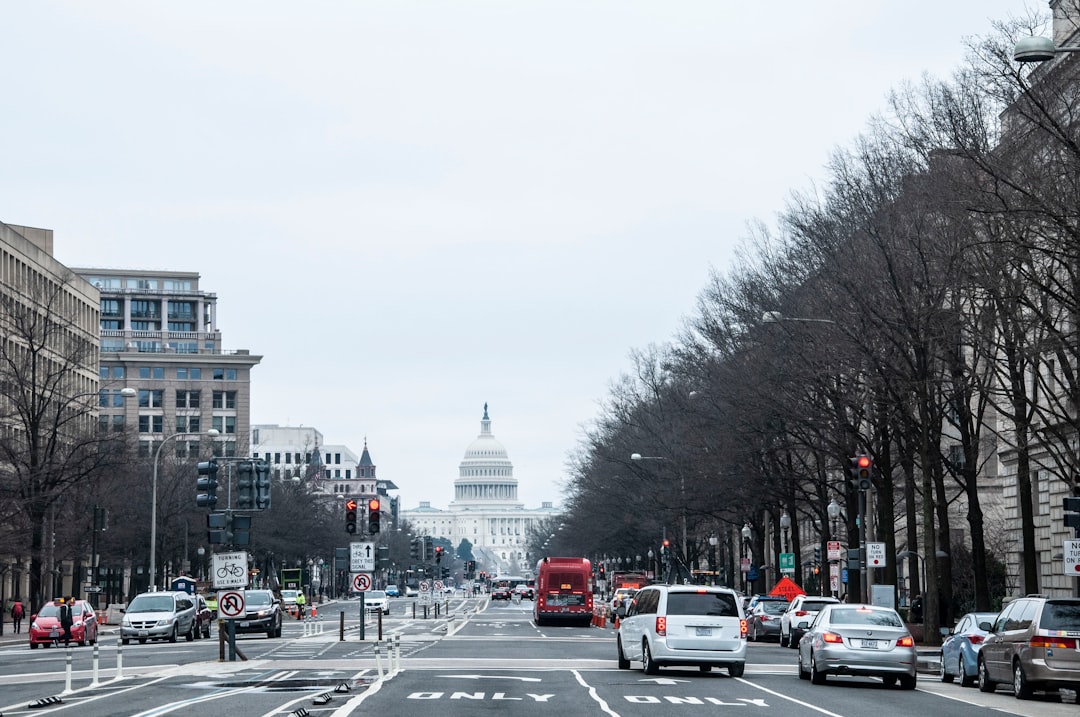
Protecting farmers’ rights is a critical aspect of maintaining a fair and thriving agricultural sector, especially in the context of modern communication technologies like robocalls. In Washington state, where the Columbia Basin potato industry thrives, ensuring that farmers can safeguard their privacy and control unwanted calls has become a significant focus. The legal framework, led by Do Not Call Lawyer experts, plays a pivotal role in this regard.
Through stringent laws and regulations, these legal professionals empower farmers to take action against intrusive robocalls. By registering their numbers on the Do Not Call lists and seeking legal recourse when violated, farmers can protect their time and peace of mind. As the potato industry continues to evolve and adapt, future prospects for further legislation or innovative solutions could enhance farmers’ rights, fostering a healthier and less disruptive business environment.
